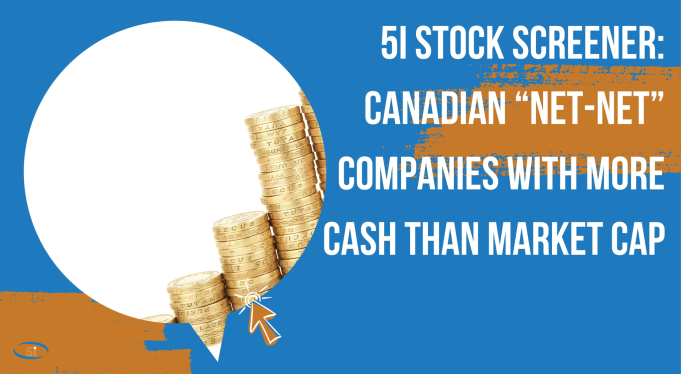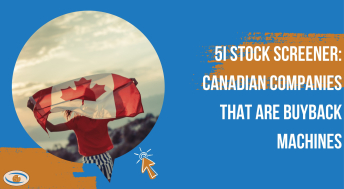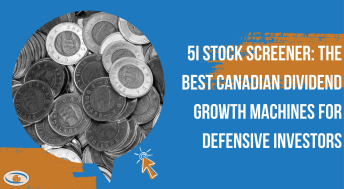In his early days, Warren Buffett was famous for compounding money at a high rate of return with low risk by seeking “net-net” situations. In effect, he was looking for a company that had more liquid assets on its balance sheet than its market capitalization indicated after conservatively subtracting all obligations. As a result, theoretically, his downside would be quite well-protected given the liquid assets acting as a floor valuation.
Investors are puzzled about why such a situation happens and persists, especially in the public market, where there are tons of highly educated investors, and professionals trying to seek above-average performance. Are investors too naïve to let such a situation happen?
The phenomenon typically happens with companies where they have one operating business and a portfolio of liquid assets in cash, short-term investments, or even private investments, etc. Those companies tend to trade at a discount compared to a situation where a portfolio of securities and the operating business are two separately traded entities. Investors can get into such situations with the mindset that they can purchase a fine operating business at a discount to peers given the cash cushion.
That being said, the market has become much more efficient nowadays than in Mr. Buffet’s era thanks to the transformation of technology. In addition, the presence of activist investors and private equity who are willing to be actively involved to realize this value much faster by pushing management to improve on capital allocation. Consequently, the popularity of such situations has been few and far between, however, occasionally, investors still can find such opportunities, especially in inefficient places where institutional investors are not too active.
Below we have screened for companies with the following criteria:
- Market cap larger than $500 million
- Net current asset value (NCAV), the current assets after subtracting all the liabilities, preferred equities and minority interest
- The difference between the company’s market cap and its net current asset value (NCAV)
Here is the screener:
|
The criteria above reflect companies that have a large liquid asset on their balance sheet after subtracting all the short-term and long-term liabilities. The smaller (more negative is better) spread between the market cap and its NCAV, the better the opportunities become, as investors are buying investments at a meaningful discount to its liquidation value. Theoretically, if these companies get liquidated today, investors can potentially have a pretty decent return in a short period.
In this screen, we screen for companies that have at least $500 million in market cap, as these companies are more liquid, investors could acquire shares easier with lower risk of liquidity.
Members will recognize some of the names that we cover in our Model Portfolios and coverage list such as ADF Group (DRX) and Tecsys (TCS).
It is critical to note that some of these names are quite illiquid, which may not qualify as investments for conservative investors given the thinly traded volume. Additionally, if there are no catalysts such as disposing of assets, starting a capital returns policy by paying out dividends, buying back shares, or selling the whole company to other owners, etc. such a situation would likely persist for quite some time. In other words, a “sum-of-the-parts” investment thesis may take a long time to work out (or may not) without any catalysts in place.
Lastly, these companies on the list are not recommendations, but rather a starting point that helps investors generate potential investment ideas.
Unlock the Power of Informed Investing with 5i Research!
DIY investing doesn't have to mean going it alone. At 5i Research, we're your trusted partner in navigating the stock market. Our platform offers comprehensive stock and market research, empowering you to make smart investment decisions.
- Investor Q&A: Have burning questions? Get answers from our team of experts and fellow investors in our dedicated Q&A section.
- Research Reports: With over 60 meticulously researched Canadian stocks, our reports offer in-depth analysis, giving you the confidence to invest wisely.
- Model Portfolios, Alerts, Forums, Portfolio Tracking, and Much More...
Take Care,

Disclosure: The analyst(s) responsible for this report do not have a financial or other interest in the securities mentioned.






Comments
Login to post a comment.